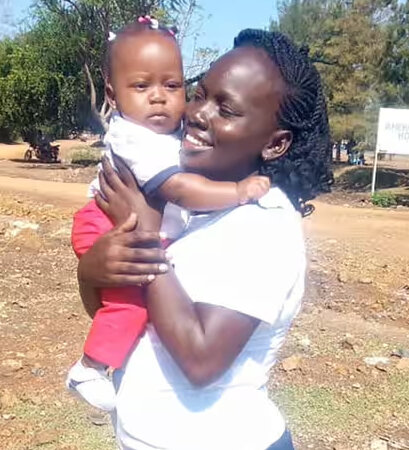The Guardian: Could new malaria drug give babies a better chance of survival?

When Rose Akinyi’s baby, Jayla Joy, would not eat or stop crying one night, she thought her newborn had a stomach upset. She gave her some mild pain medication, but her condition grew worse.
“She was burning hot, so I removed her clothes and gave her [more pain medication],” said 30-year-old Akinyi, from Kisumu, a port city in western Kenya on Lake Victoria.
It was late at night so she could not get to the nearest hospital, which was several miles away, and calls to doctors went unanswered. By the time she reached hospital the next morning on a motorcycle taxi, the baby’s temperature was 39.8C (103.6F). “At that point, I was thinking I could lose my child,” said Akinyi.
The diagnosis of malaria shocked Akinyi. Like many people, she assumed her baby would be protected from the disease by maternal immunity.
“I was very worried because I didn’t know my little one could get malaria too,” she said. Nurses administered antimalarials, and Jayla Joy’s fever broke. Health workers say the little girl, now nine months old, could have died.
There is no malaria treatment for babies weighing under 5kg (11lbs) – so from newborn to about three months old. But a new drug by the Switzerland-based pharmaceutical company Novartis being trialled in Africa could offer some hope.
“Malaria in newborns presents differently so it’s not easy to catch it in good time,” said Agnes Akoth, who worked as a nurse in Kisumu, where malaria is endemic. Infants sometimes have no symptoms or those they do have can easily be mistaken for common childhood illnesses.
“By the time they reach the diagnosis, the parasite may have multiplied and caused complications,” said Akoth. “Some of them may even die.”
Malaria is one of the leading causes of child deaths across Africa, and make up nearly 80% of all malaria-related deaths on the continent, according to a 2023 malaria report. In 2022, 94% of all malaria cases occurred in Africa.
Please visit the Guardian website to read the entire article.